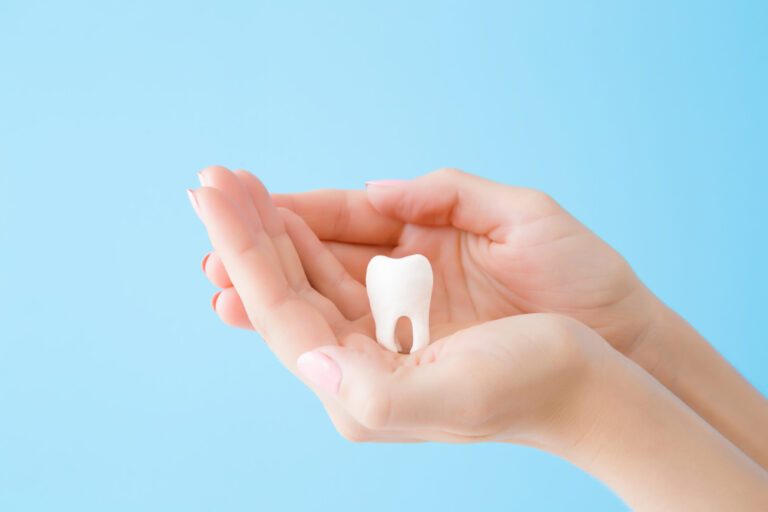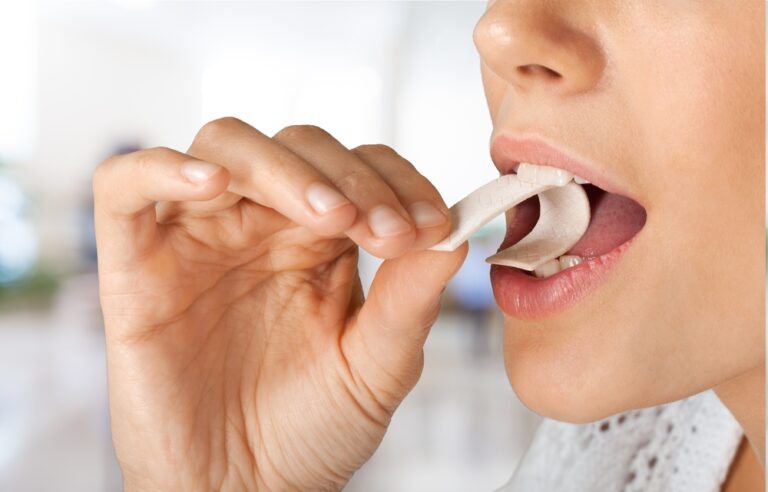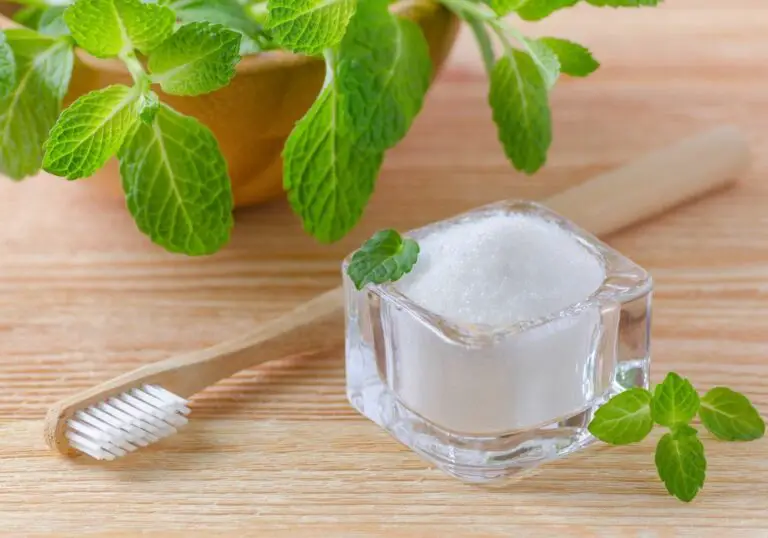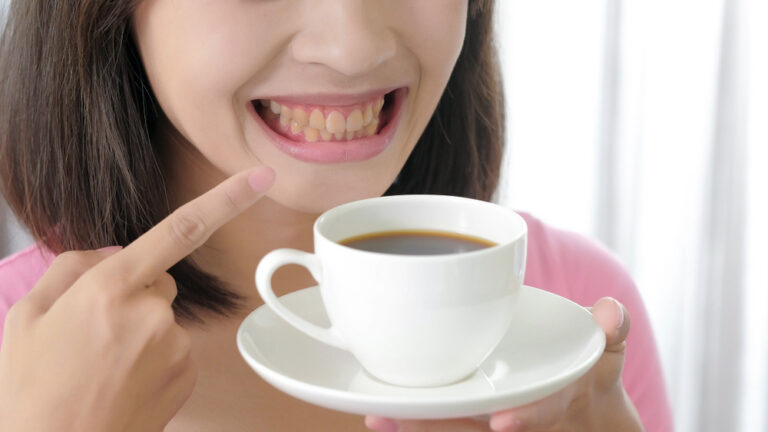Teeth grinding, also known as bruxism, is a common condition that involves clenching or grinding of the teeth. It typically happens during sleep, but some people also grind their teeth when awake. Teeth grinding can lead to a variety of oral health problems, including worn down teeth, chipped teeth, and pain or soreness in the jaw muscles and temporomandibular joints. But can bruxism also affect the sinuses? Let’s take a closer look at the connection between teeth grinding and sinus issues.
What causes teeth grinding?
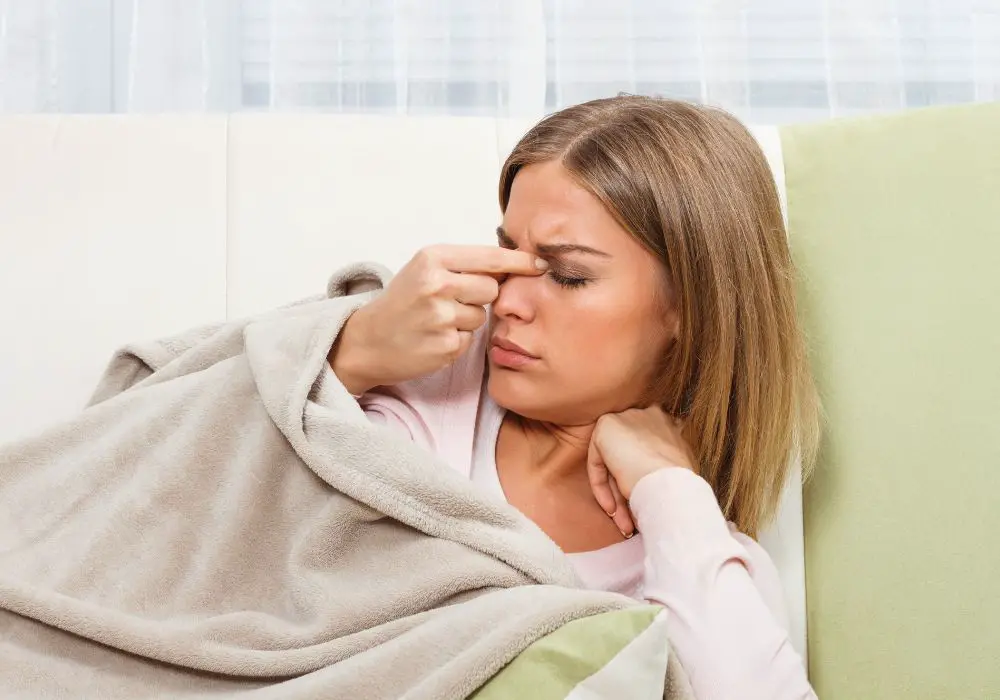
Before exploring how bruxism impacts sinuses, it helps to understand what causes teeth grinding in the first place. Possible causes include:
- Stress and anxiety: Emotional stress or anxiety are major contributing factors to bruxism. Grinding may be a subconscious reaction to stress.
- Sleep disorders: Bruxism commonly occurs along with sleep disorders like sleep apnea. It can be a reaction to sleep disruptions.
- Medications: Some psychiatric medications like certain antidepressants are linked to teeth grinding.
- Malocclusion: Issues with the bite alignment can cause grinding as a compensatory mechanism.
- Genetics: Some studies show bruxism may have a genetic component, running in families.
- Lifestyle factors: Excessive caffeine, alcohol, or tobacco use may be involved in teeth grinding.
Identifying and addressing the root cause of bruxism is key to managing it long-term. Now let’s discuss how it impacts sinus health.
How teeth grinding can impact the sinuses
There are a few ways that excessive teeth grinding may aggravate or worsen sinus problems:
Increased pressure in the head
The constant pressure placed on the teeth and jaw during bruxism can lead to inflammation and pain in the temporomandibular joints (TMJs). The TMJs connect the jawbone to the skull. When these joints become irritated, it can radiate pain or pressure into the face, head, and sinuses. Grinding may also tense up muscles in the head and neck, contributing to a feeling of pressure.
Sinus congestion
Some research indicates that bruxism can obstruct nasal air flow and lead to a feeling of congestion. One study found that 71% of participants with chronic sinusitis also experienced teeth grinding. The grinding may create inflammation that contributes to nasal congestion and sinus pressure.
Pain or headache
The pain and pressure caused by bruxism can also aggravate existing headaches or facial pain related to sinus issues. The constant strain placed on muscles around the head and neck can trigger or worsen headaches. Grinding may also cause referred pain that is perceived in the face, sinus cavities, and head.
Sleep disruption
Teeth grinding often occurs during sleep, which can disrupt normal sleep patterns. Lack of quality sleep can make sinus congestion and headache pain feel more intense. Getting inadequate rest may also make people more sensitive to pain and pressure in the face.
Exacerbation of allergies
Allergies often contribute to sinus problems. The inflammation caused by bruxism may make some people more reactive to allergens. Increased congestion and mucus production triggered by allergies can also be aggravated by teeth grinding.
Overall, the main way that excessive teeth grinding affects the sinuses is by creating inflammation and pressure in the head. This can worsen congestion, headache pain, and other sinus issues. Treating bruxism may help alleviate associated sinus problems.
Signs that teeth grinding is impacting your sinuses
Here are some common signs and symptoms that bruxism may be exacerbating sinus issues:
- Increased facial pressure and pain
- More frequent headaches
- Greater sinus congestion
- Worsened headache pain upon waking up
- Sinus pressure or pain when clenching or grinding teeth
- Jaw, cheek, or face pain
- Earache or pain
- Dental damage like chips or cracks
- Pain or soreness in the jaw muscles
- Reduced drainage of mucus
- Difficulty breathing through the nose
- Sore throat
- Halitosis (bad breath)
If you notice any of these warning signs, especially if you also wake up with jaw pain or headache, discuss the possibility of teeth grinding with your dentist or doctor. A sleep study or home sleep test may be recommended to evaluate you for sleep bruxism. Your dentist can also check for signs of grinding in your mouth.
Complications of bruxism on sinuses
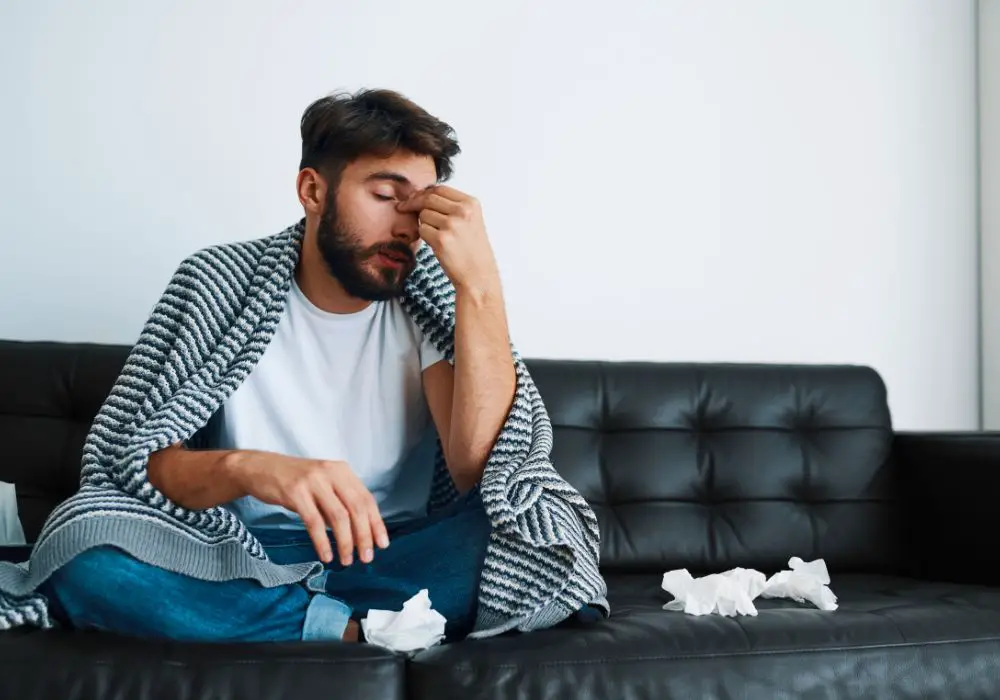
Left untreated, chronic teeth grinding linked to sinus issues can lead to several complications:
Worsening sinus infections
The added inflammation and pressure from bruxism can make sinus infections more likely. Congestion and impaired drainage of the sinuses serves as a breeding ground for bacteria. Recurring sinus infections may develop.
TMJ disorders
The TMJs can become very damaged from excessive grinding. This may require costly dental work and surgery to fix misaligned jaws or TMJ issues like displaced discs.
Sleep apnea
Sleep apnea and teeth grinding are often connected. The obstruction of airflow from sinus congestion caused by bruxism can contribute to periods of paused breathing during sleep. This further impairs sleep quality.
Chronic sinusitis
Increased inflammation in the nasal and sinus passages from teeth grinding may lead to chronic sinus infections. Acute sinusitis can become persistent when bruxism is not addressed.
Nasal polyps
The inflammation from bruxism can cause excess tissue growth called nasal polyps to develop in the sinus cavities, blocking mucus drainage. Surgery may be required to remove them.
Asthma symptoms
The congestion and inflammation caused by teeth grinding may exacerbate asthma in some patients. Sinus pressure can aggravate bronchial airways.
Dental damage
Ongoing grinding will eventually cause fractured teeth, the need for crowns or bridges, and other expensive dental work. It can also alter the alignment of the bite.
Seeking treatment for teeth grinding and associated sinus issues before they worsen can help prevent expensive and painful complications.
Diagnosing bruxism involving the sinuses
To determine if teeth grinding is aggravating your sinus problems, the following diagnostic methods may be used:
- Clinical exam: Your dentist will check for signs of bruxism like worn teeth, jaw tenderness, and muscle pain. Your doctor can examine sinus pressure and congestion.
- Sleep study: An overnight sleep study can record episodes of teeth grinding and oxygen levels. This helps diagnose sleep bruxism and sleep apnea.
- Home sleep test: A small home sleep monitor can be used to evaluate grinding and its effects on sleep quality.
- Imaging: CT scans or MRI imaging may reveal congestion and inflammation in the sinus cavities.
- Nasal endoscopy: A tiny camera inserted in the nasal passages lets doctors view sinus inflammation.
- Allergy testing: Skin or blood tests can identify if allergies are contributing to sinus congestion.
- Symptom journal: Keeping a daily log of symptoms helps identify symptom triggers and patterns.
- Dental appliances: Custom dental mouth guards worn at night can determine if reducing grinding lessens sinus issues.
Let your dentist know if you suspect your sinus problems are connected to teeth grinding so they can refer you for the appropriate assessment.
How to stop teeth grinding from affecting sinuses
If teeth grinding is aggravating your sinus issues, here are some treatment options to stop the cycle:
Dental mouth guards
Wearing a custom night guard provided by your dentist can protect teeth from grinding damage and reduce jaw tension. This may help take pressure off inflamed facial muscles, joints, and sinuses.
Medications
Muscle relaxants, pain relievers, and decongestants may be prescribed to relieve bruxism symptoms and facial tension. Steroid nasal sprays can reduce sinus inflammation.
Stress management
Addressing stress, anxiety, and other lifestyle factors contributing to teeth grinding through counseling, biofeedback, meditation, etc can help minimize bruxism.
Physical therapy
Stretching exercises, massage, and other PT for the head, neck, and jaw muscles can relieve tension exacerbating sinus issues.
Oral appliances
Special oral devices and splints can help realign the bite and reduce grinding and clenching of the teeth.
CPAP for sleep apnea
If grinding has led to sleep apnea, using a CPAP machine at night can restore normal breathing and improve sleep quality.
Cognitive behavioral therapy
CBT can help identify and modify thoughts or behaviors that lead to excessive teeth grinding at night.
Surgery
For severe chronic sinusitis caused by longterm grinding, surgery like endoscopic sinus surgery or septoplasty may be needed to open drainage pathways.
Promptly treating bruxism and associated sinus congestion and inflammation can prevent more serious complications. Be sure to follow up with your doctor regularly about sinus health.
Alternative remedies for sinus relief from bruxism

There are also some natural and home remedies that may provide relief of sinus symptoms aggravated by teeth grinding:
- Apply warm compresses to the cheeks, jaws, and sides of the nose to improve circulation and drainage.
- Use saline sprays and irrigation kits to flush the nasal passages several times per day.
- Take steamy showers or use a humidifier to add moisture to dry nasal passages.
- Stay hydrated by drinking lots of water to thin out mucus.
- Use essential oils like peppermint, eucalyptus, or tea tree oil to open congested airways.
- Rinse with salt water to clear sinuses and soothe inflammation.
- Try supplements like quercetin, butterbur, or bromelain to reduce inflammation.
- Avoid inflammatory foods like dairy, wheat, alcohol, and caffeine.
- Adopt stress management techniques like yoga, deep breathing, or meditation.
- Use air purification systems and dust mite covers to limit allergen exposure.
Be consistent with home treatments in addition to medical care for the most sinus relief. It may take some trial and error to find what alternatives work best for you.
When to see a doctor
You should make an appointment with your doctor or dentist if:
- Sinus symptoms like congestion, headache, or facial pain persist or worsen
- Symptoms are not relieved by over-the-counter medications
- You experience pain or pressure in your jaw, temples, or teeth
- You have signs of bruxism like jaw tenderness, worn teeth, or chipped teeth
- You suspect teeth grinding at night may be affecting sleep quality
- You have difficulty breathing through your nose
Don’t ignore recurring sinus issues that may be aggravated by untreated bruxism. Seek professional help to determine the underlying cause and best treatment options. Addressing teeth grinding can be key to relieving uncomfortable sinus symptoms.
FAQs about bruxism and sinus health
Can teeth grinding cause sinus infection?
Teeth grinding itself does not directly cause sinus infection. However, it can create inflammation and congestion, allowing bacteria to grow and sinus infections to develop. Treating bruxism helps normalize sinus function.
Why does my face hurt when I have a sinus infection?
Facial pain and pressure are common with sinus infections because the swollen membranes put pressure on nerves in the face. Grinding can amplify this pain. Reducing inflammation in the sinuses should ease facial discomfort.
Can TMJ cause sinus problems?
Yes, TMJ disorders often co-occur with sinus problems. Jaw joint pain and dysfunction from bruxism can refer pain to the sinuses. TMJ inflammation may also impair sinus drainage. Treating the TMJ and bruxism may alleviate sinus symptoms.
Can teeth grinding cause dizziness?
In some cases, yes. Grinding can create pressure in the ears and head, potentially leading to dizziness. Neck tension from bruxism may also contribute to lightheadedness and vertigo. Getting relief from teeth grinding and related jaw pain can reduce dizziness.
How do you unclog sinuses from teeth grinding?
Nasal irrigation kits, steroid nasal sprays, decongestants, and antihistamines help clear sinus congestion from inflammation caused by bruxism. Addressing the teeth grinding itself with dental appliances and other treatments also removes pressure on blocked sinus passages.
In summary, teeth grinding is capable of aggravating and worsening sinus congestion and associated headaches and facial pain due to the inflammation and pressure created. Seeking treatment for suspected sleep bruxism or TMJ issues can help relieve sinus symptoms and prevent complications. Work with both your dentist and doctor to determine the best treatment plan if you think your sinus health is being affected by bruxism.

